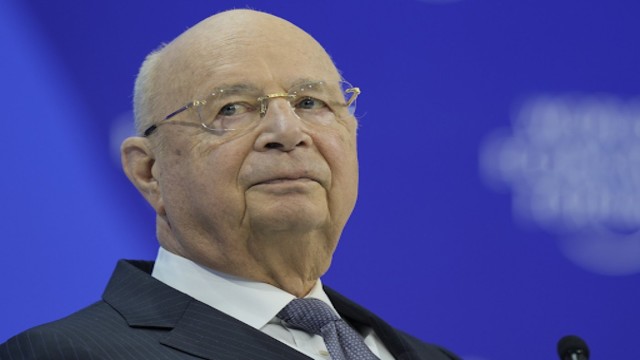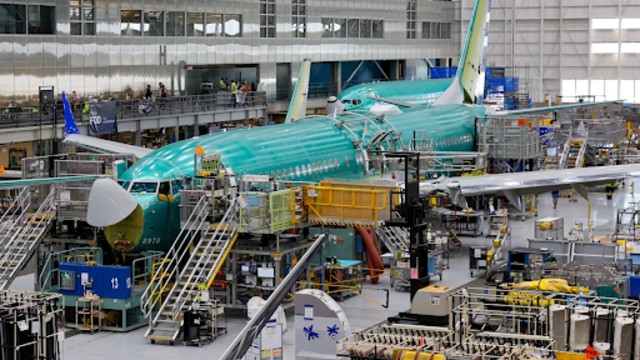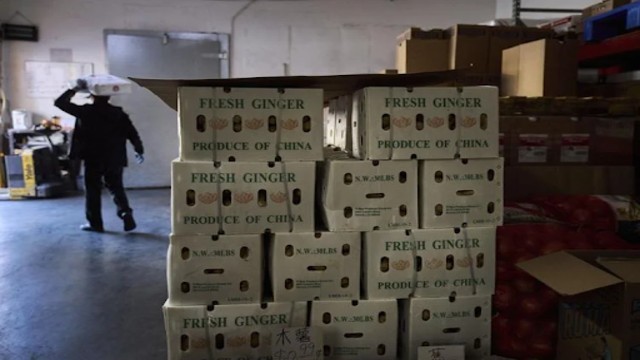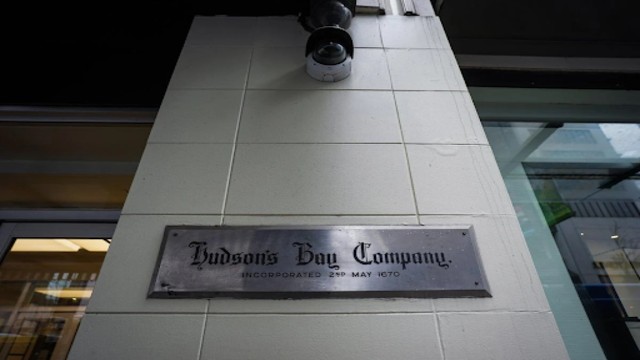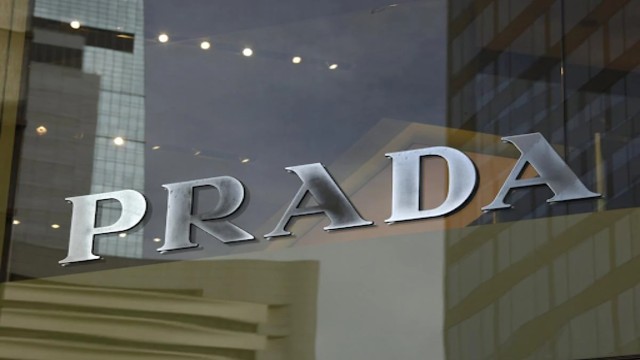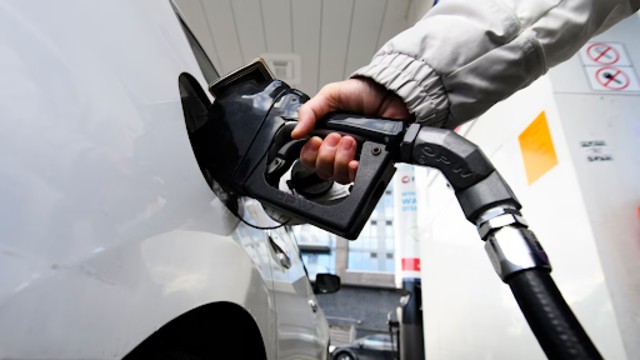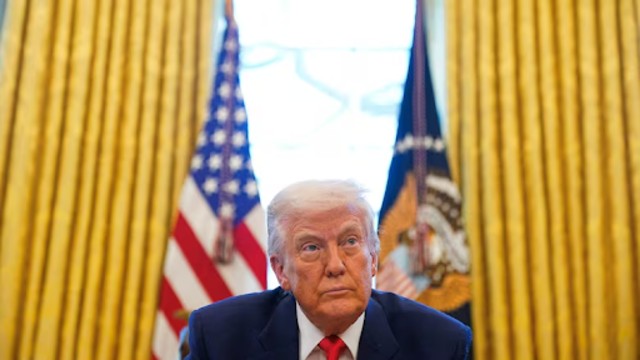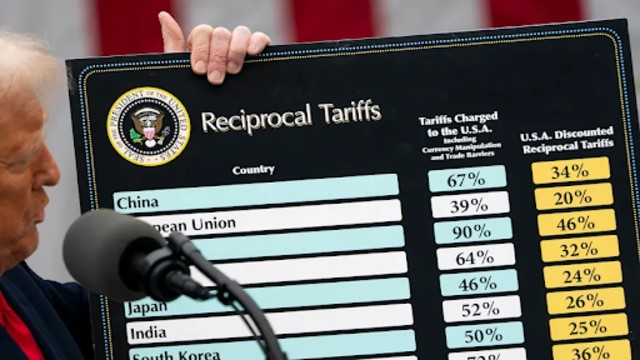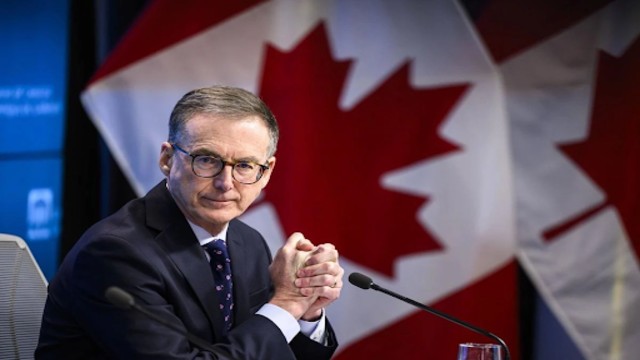
A welder is seen crafting a K9 Howitzer at Hanwha Aerospace's factory in Changwon, South Korea.
A key figure at the NATO summit is from a non-member nation with significant weaponry that NATO seeks to aid Ukraine against Russia, potentially shifting the conflict in Kyiv's favor.
Ukraine urgently requires artillery shells, which South Korea possesses in large quantities. There's a growing push to persuade President Yoon Suk Yeol to revise policies preventing Seoul from sending lethal aid to nations at war.
Yoon's presence at the NATO summit marks a critical juncture. Recently, his government reconsidered its stance due to a defense pact between Russia and North Korea, contemplating sending weapons to Ukrainian President Volodymyr Zelenskiy's forces.
Zelenskiy, who has long sought Korean weapons since Russia's 2022 invasion, is attending the summit in Washington to bolster NATO's strength amid its 75th anniversary celebrations. He plans to discuss weapon needs with Indo-Pacific partners like South Korea.
"The weapons South Korea can provide could break the current front line stalemate," said Park Won Gon, an international relations professor at Ewha Womans University.
Leaked intelligence from the New York Times indicates US pressure on Yoon to send artillery to Ukraine, despite Yoon's government denying these claims. While Congress recently approved $61 billion for military aid, NATO and EU efforts to supply Ukraine with artillery shells have fallen short.
South Korea's stockpile includes 155mm artillery shells, NATO's standard used by Ukraine, totaling over 3 million shells. Seoul has also considered lighter, more mobile 105mm shells, potentially providing Ukraine with 3.4 million units.
Neighboring countries are buying Korean weapons, like Hanwha Aerospace Co.'s tanks and howitzers, considered cost-effective alternatives to US models, capable of countering Russian systems. A recent $1 billion deal with Romania illustrates Korea's expanding defense exports.
Yoon conditions weapon exports on Russia's actions, viewing support for Ukraine as leverage against Russian-North Korean cooperation. Seoul, wary of bolstering North Korea's military capabilities, draws a red line at sensitive technology.
Rachel Minyoung Lee of the Stimson Center warns of risks, emphasizing Seoul's strategic interests and caution in directly arming Ukraine. She suggests Korea focus on cyber security and strategic partnerships with NATO.
In summary, South Korea's potential role in providing crucial weapons to Ukraine underscores international pressure and strategic dilemmas for President Yoon, navigating complex geopolitics to safeguard national interests.


